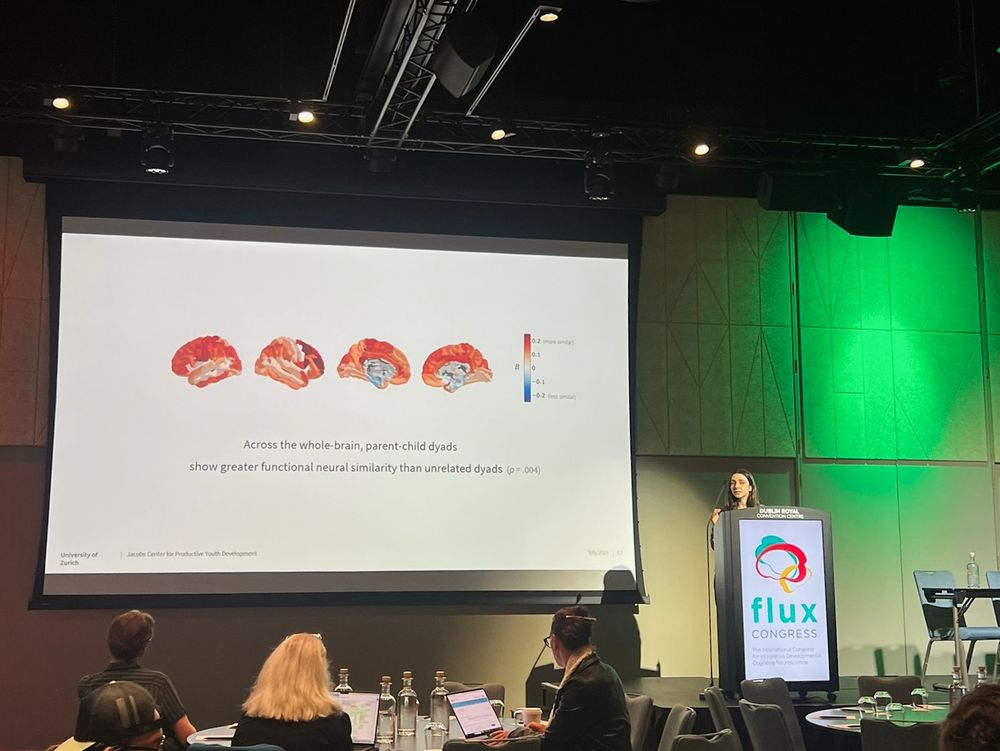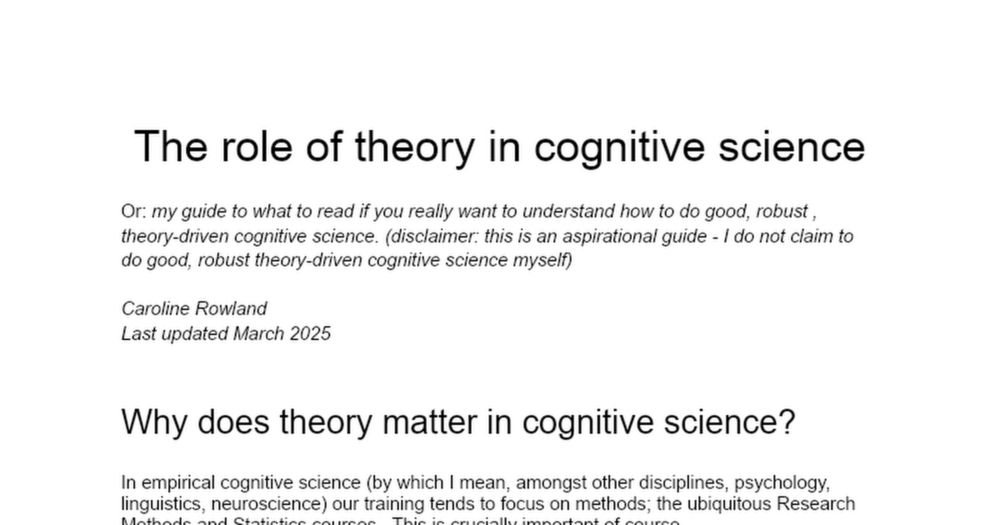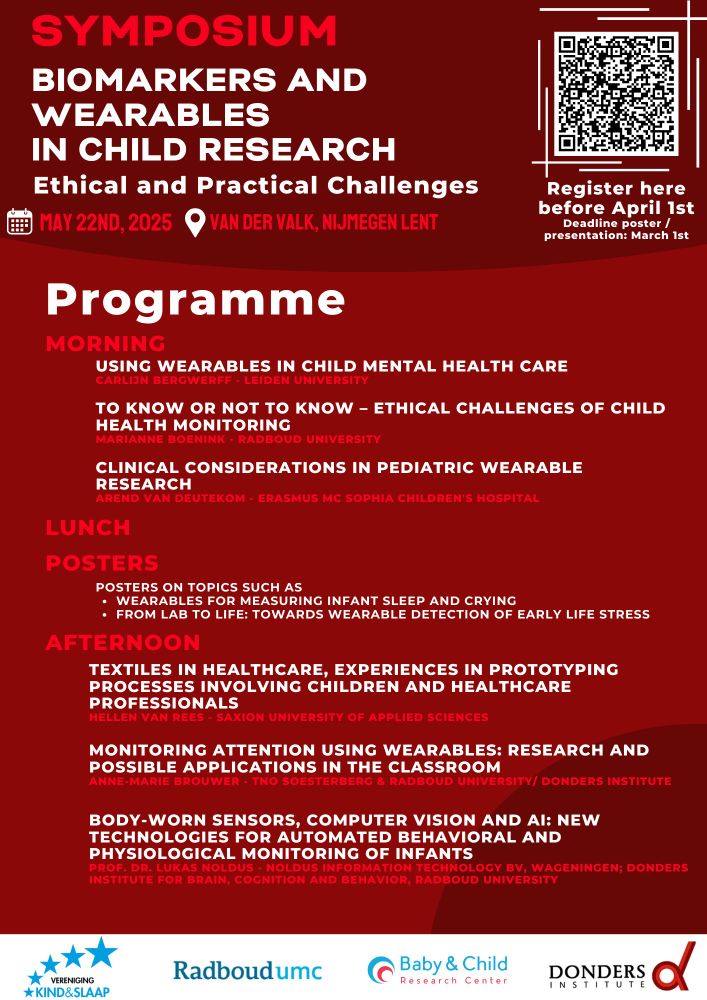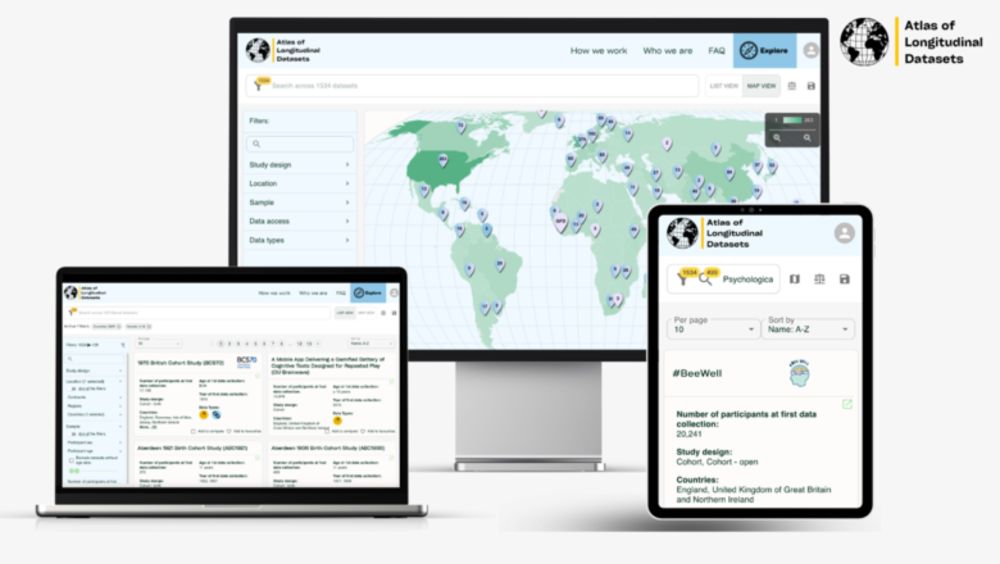Sofia Scatolin
@sofiascatolin.bsky.social
570 followers
300 following
16 posts
PhD studying brain development, early environment & intergenerational transmission | University of Zurich, Jacobs Center, IMPRS LIFE | she/her 🇧🇷
Posts
Media
Videos
Starter Packs
Reposted by Sofia Scatolin
Reposted by Sofia Scatolin
Caroline Rowland
@carorowland.bsky.social
· Jul 24
Reposted by Sofia Scatolin
Julia M. Rohrer
@dingdingpeng.the100.ci
· Jul 15
Reposted by Sofia Scatolin
Damien Fair
@drdamienfair.bsky.social
· Jun 29
Reposted by Sofia Scatolin
Reposted by Sofia Scatolin
Reposted by Sofia Scatolin
Reposted by Sofia Scatolin
Sofia Scatolin
@sofiascatolin.bsky.social
· Mar 26
Sofia Scatolin
@sofiascatolin.bsky.social
· Mar 26
Reposted by Sofia Scatolin
Sofia Scatolin
@sofiascatolin.bsky.social
· Nov 23
Sofia Scatolin
@sofiascatolin.bsky.social
· Nov 23
Sofia Scatolin
@sofiascatolin.bsky.social
· Nov 21
Sofia Scatolin
@sofiascatolin.bsky.social
· Nov 20
Reposted by Sofia Scatolin
Nicole Nelson
@nicolenelson.bsky.social
· Oct 19















